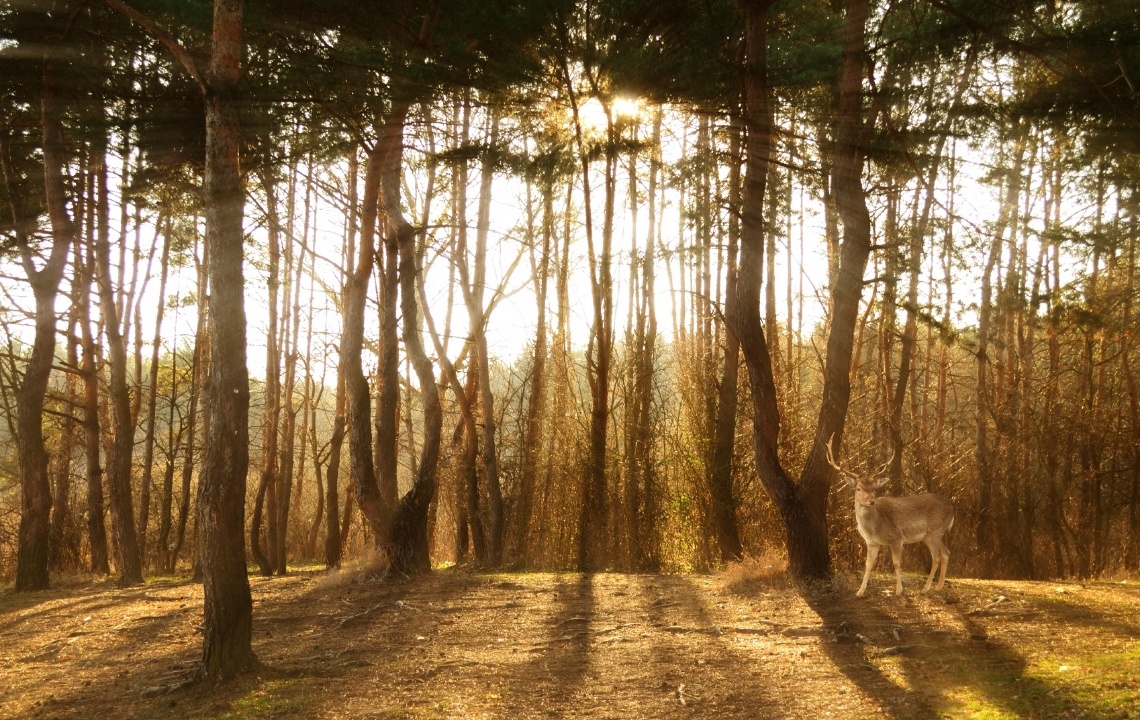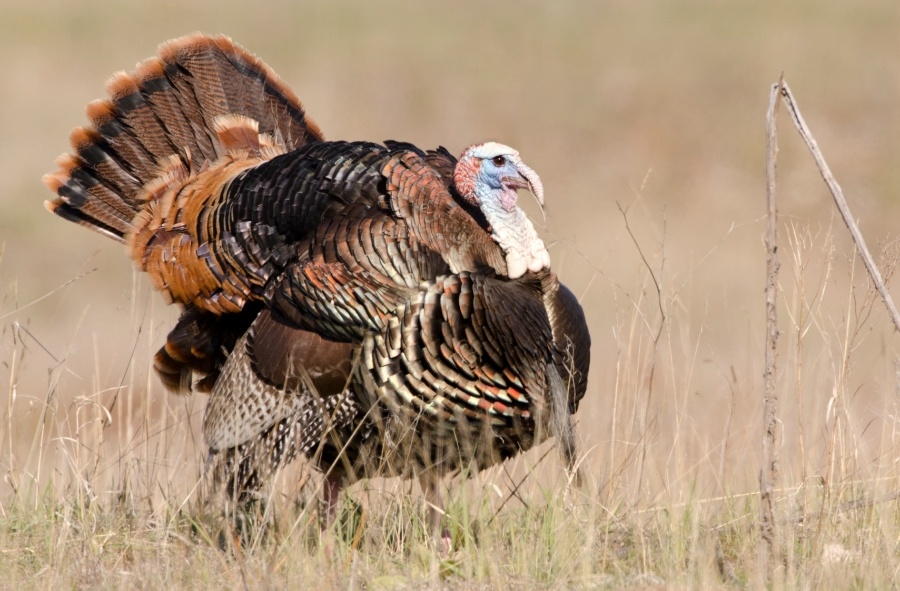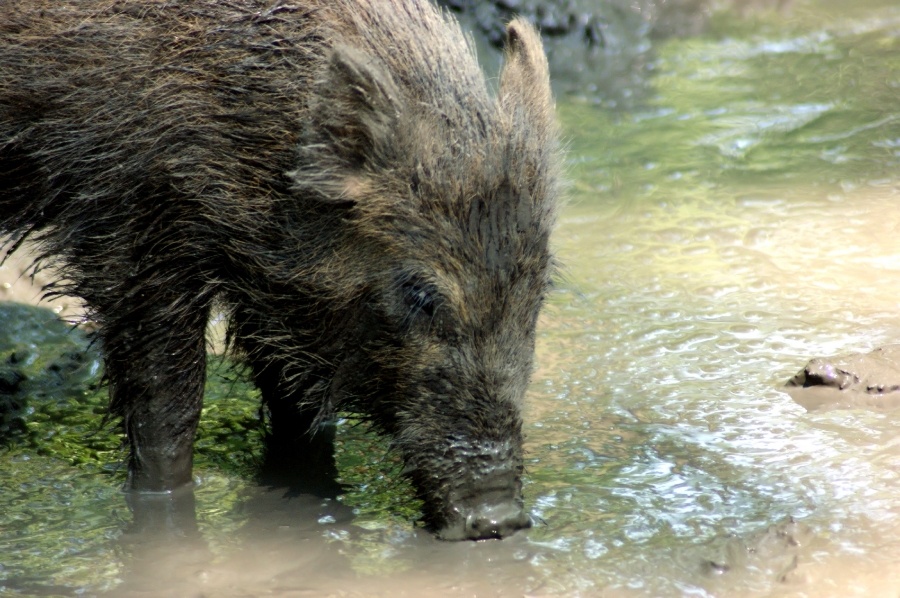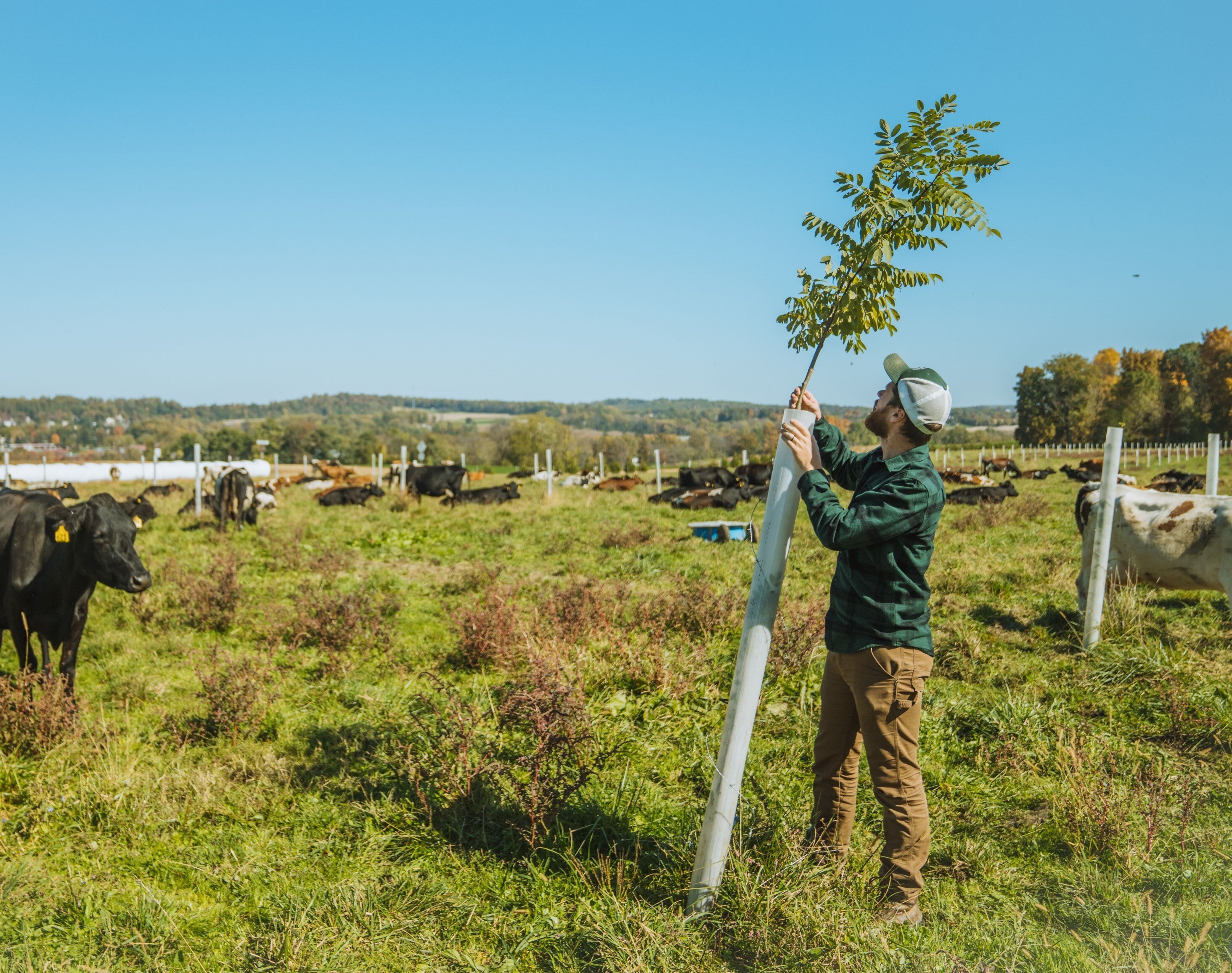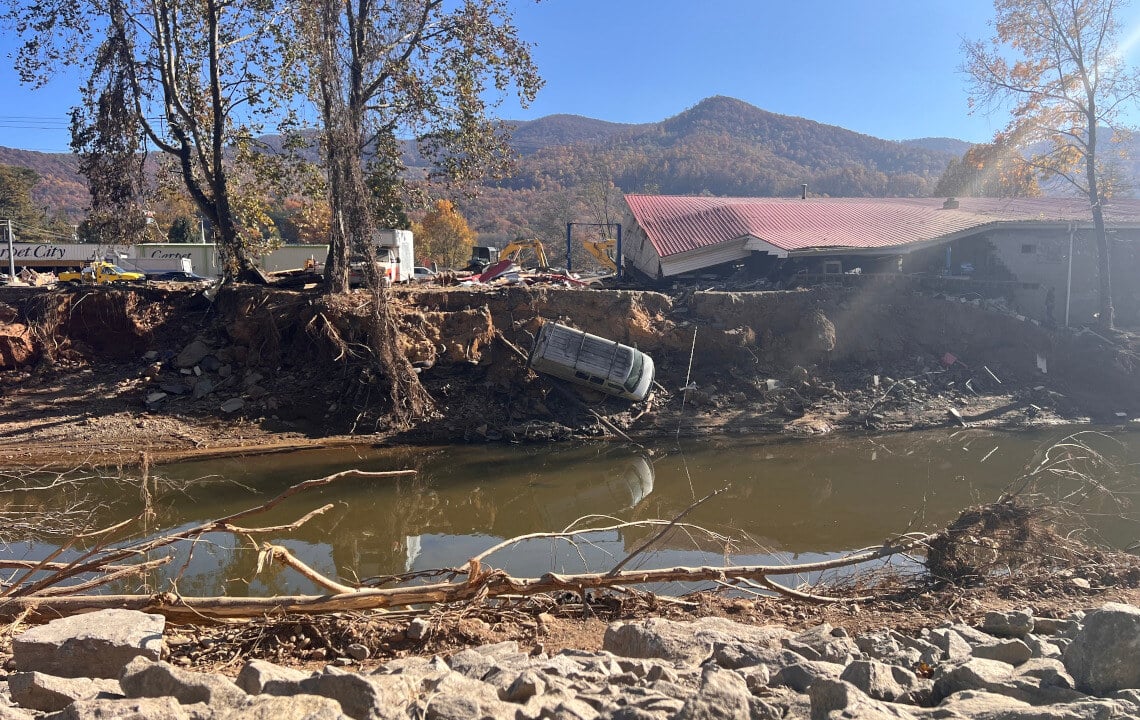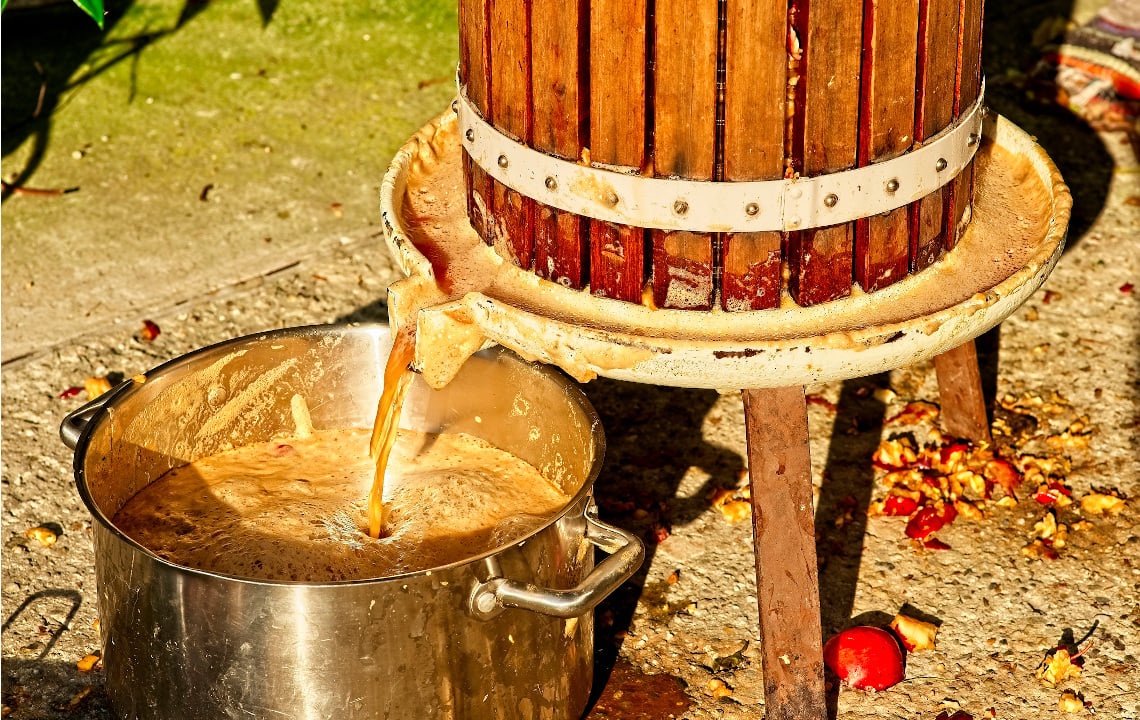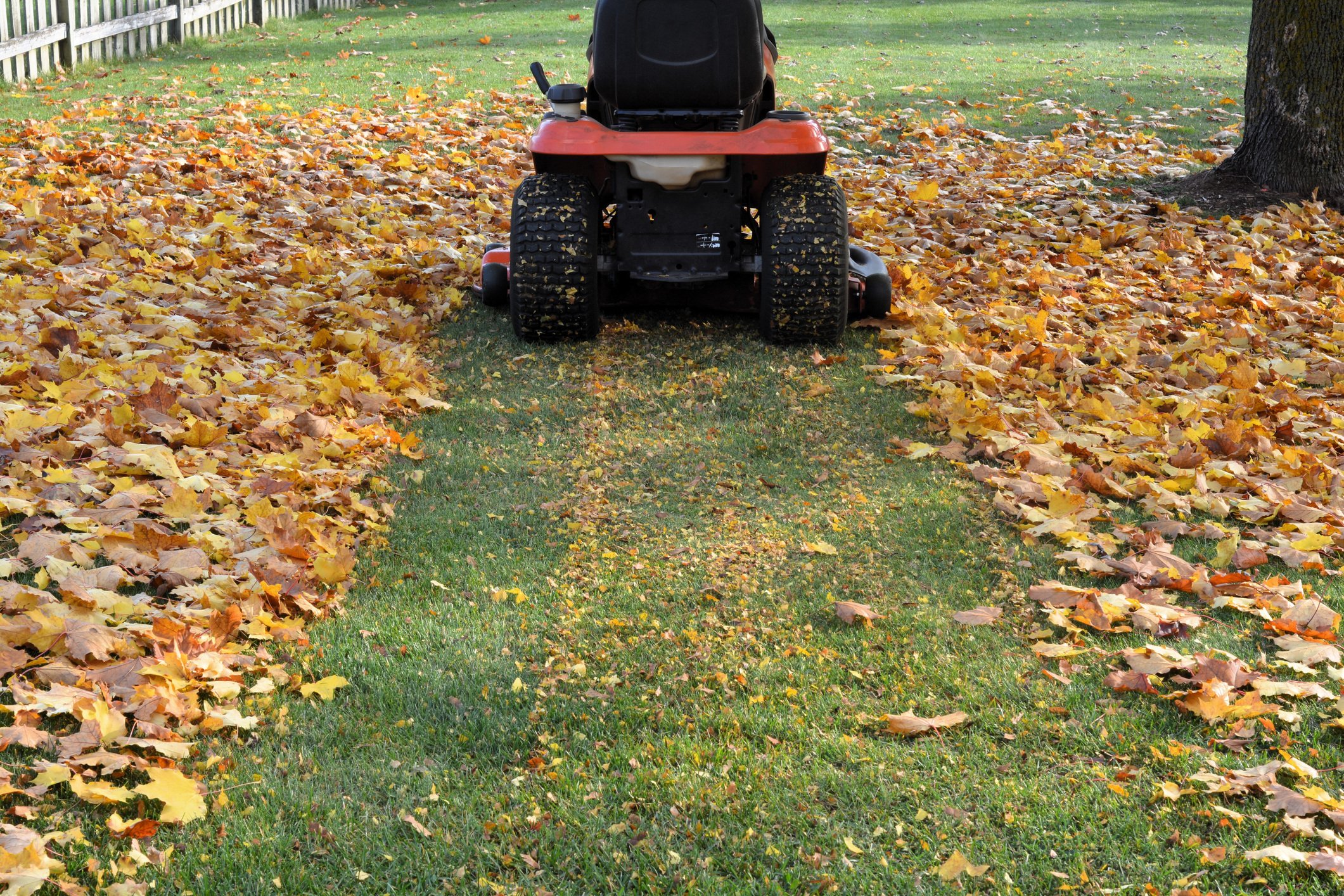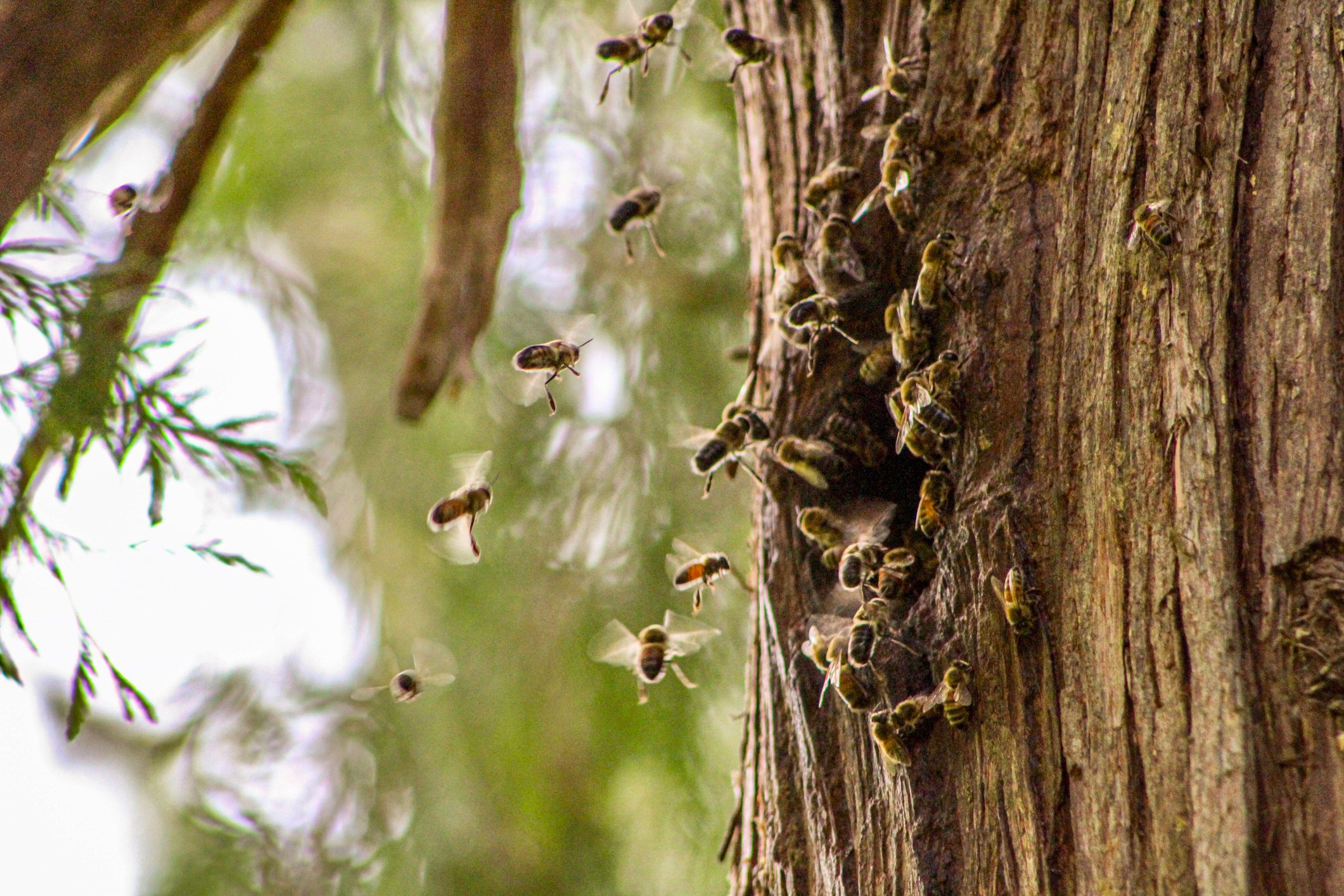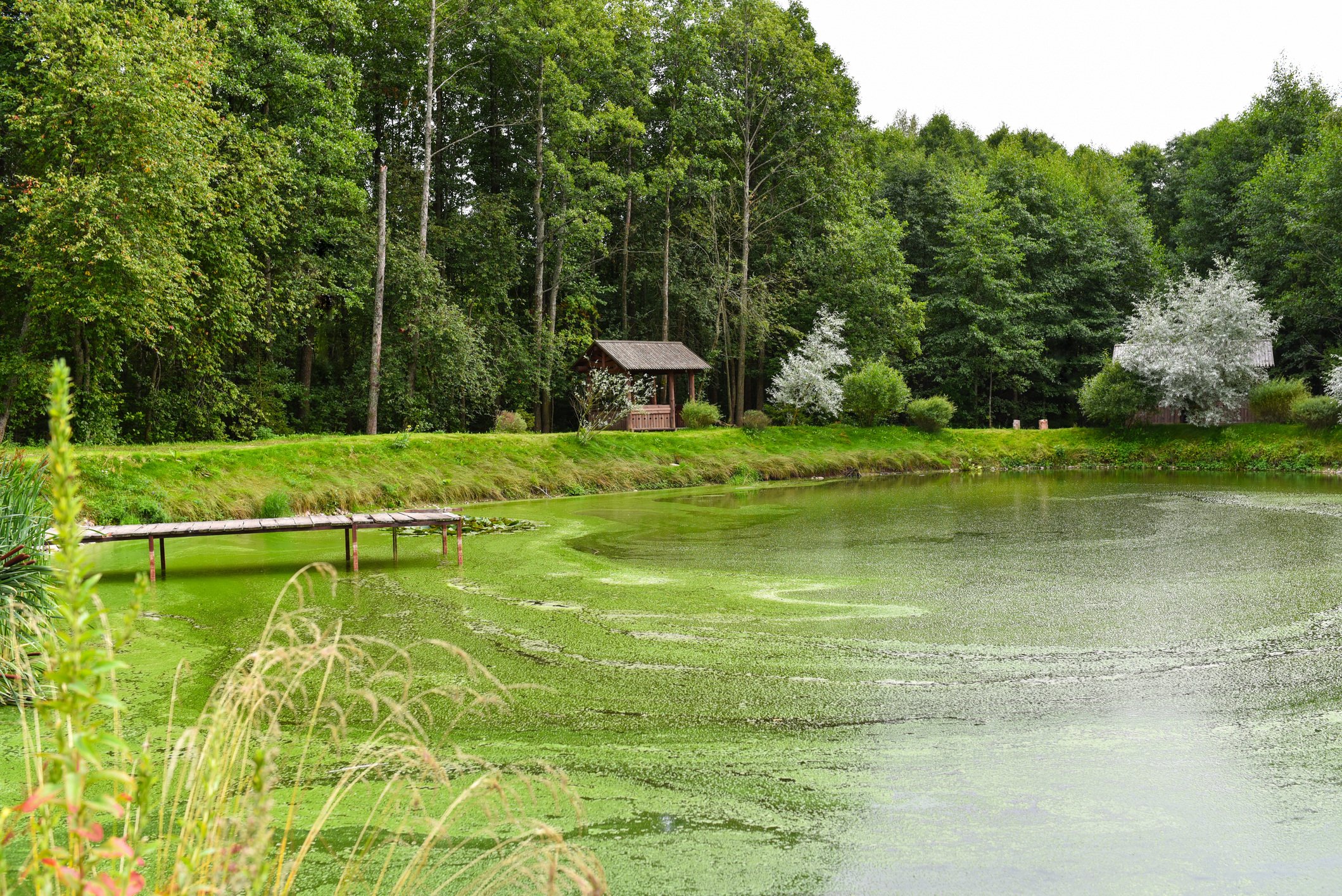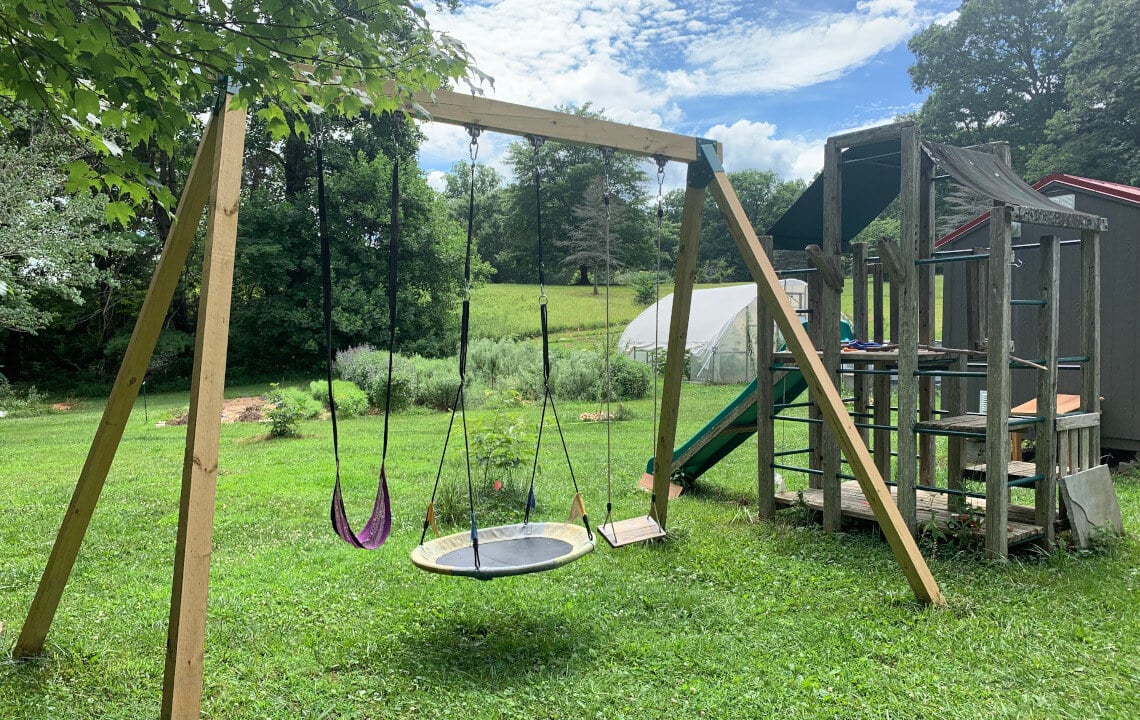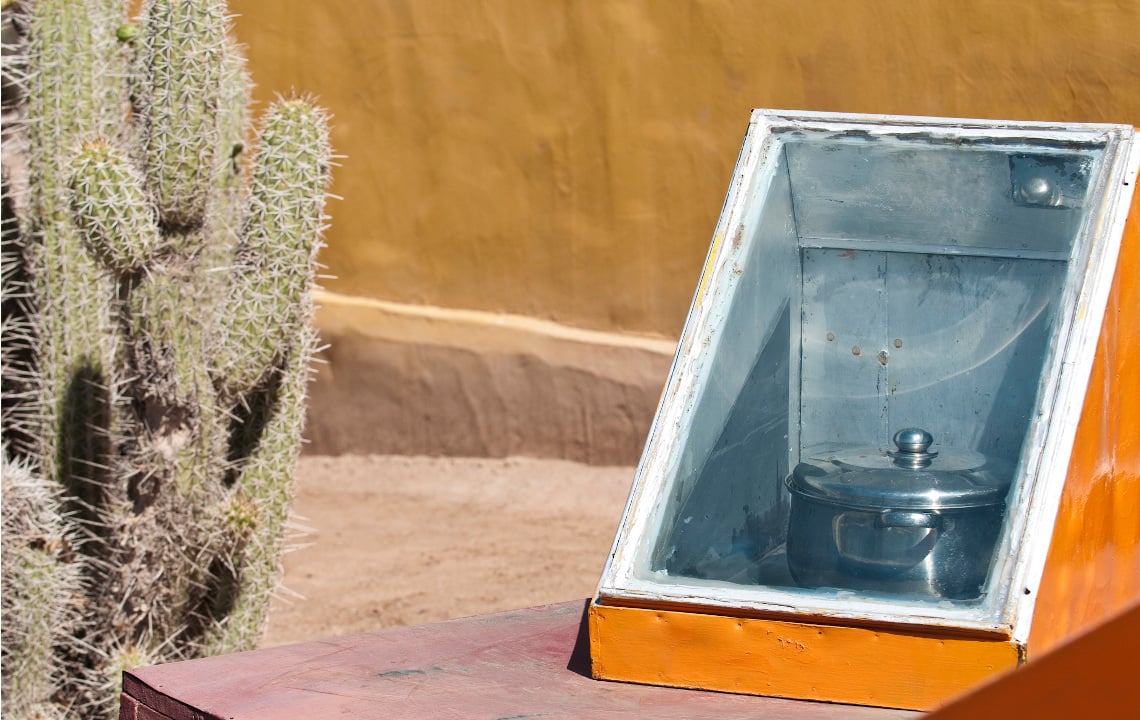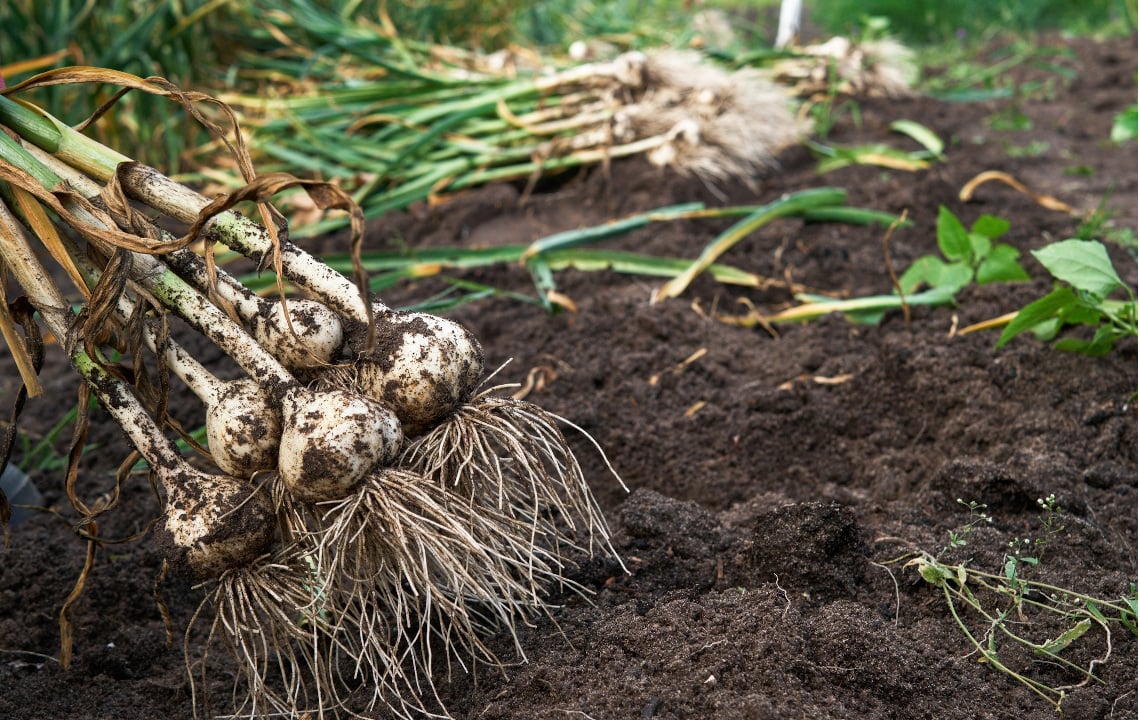We talk to hunting enthusiast and Realtor Brent Messerschmidt about the ideal features and number of acres needed for hunting land for deer, turkey and hog hunting.
This article is part of our six-part series, "How many acres do you need?" Be sure to check out the other five installments:
- How many acres do you need for a CSA or Market Garden?
- How many acres do you need for an outdoor retreat?
- How many acres do you need for a hobby farm or homestead?
- How many acres do you need to raise or board horses?
- How many acres do you need to raise cattle?
Good hunting land in the South is always a hot commodity.
Though leasing can be a good option for some (especially if you have a tight budget and need land close to town), there are lots of benefits to owning your own hunting land.
In today’s post, hunting enthusiast and local Georgia Realtor Brent Messerschmidt offers his advice on choosing the right amount of acreage for specific wildlife and land features, and what to look for (and look out for) in your perfect hunting property.
How many acres do you need for hunting land?
 As Messerschmidt explains below, the amount of acreage needed depends upon 3 things:
As Messerschmidt explains below, the amount of acreage needed depends upon 3 things:
- The type of wildlife you plan on hunting
- Your style of hunting (bowhunting, rifle hunting, etc.).
- How many people will be hunting with you.
How many acres do you need for hunting deer?
When it comes to rifle hunting deer, Messerschmidt explains there are different opinions on the amount of acreage you need:
“There are different arguments to this. The main one is once you get down below 10 acres there’s a pretty decent chance that, unless you’re a perfect shot, you’re going to wound a deer that will then wander onto another person’s property,” Messerschmidt says. “Then you’re in a whole new conundrum. Depending on where you are, that could be somebody’s backyard or a highway.”
For two hunters or more, Messerschmidt says the ideal minimum size land for rifle hunting deer is about 50 acres, but one could manage on as little as 25 acres if the property is in the right area. A person hunting alone might be able to hunt on even less, as little as 10 acres, he says, but again acreage that low is not ideal if you can afford a larger tract.
“Yes, people hunt on less and can get a lot of deer, but if you want to hunt and track with a rifle, 10 acres is the absolute minimum for one person,” Messerschmidt says. “I personally wouldn’t want anything less than 25 acres, because then you can bring a buddy, or even three people if it’s set up right, and each have a fair shot of seeing different deer, killing them, and not having them run off the property.”
Bow-hunting is a different story. Messerschmidt says you can have multiple people bow hunting in dense forest on as little as 10 acres.
How many acres do you need for hunting turkeys and whitetail birds?
“For turkeys you want woods mixed with an open field plus a water source. These are the types of things both turkeys and deer are looking for,” Messerschmidt says. “For dedicated bird hunting you’re better off having a big, open area. The bigger, the better. You’re raining lead down from the sky and shotgun pellets can fly up to 800 meters in an upward angle, so any direction you’re shooting near has to be clear.”
He says a 5-acre open field on the property would be the minimum.
But the perfect property comes with a price.
“Any type of property that incorporates all those features [several acres of woods, water, and a 5-acre open field] is going to be a lot pricier than a property that has just one or two of those features.”
How many acres do you need for hunting hogs?
Ever since the epic 2004 shooting of the 800-pound “Hogzilla” in Alapaha, Georgia, (which received national media attention including validity testing by National Geographic) hog, or wild boar, hunting has gained popularity in the South.
“Hog hunting has just recently become a big thing down here. If you’re using a rifle you want 10 acres with similar conditions to that of a deer hunting property, but definitely with water,” says Messerschmidt.
You’re most likely to find hogs near water, wallowing in springs and bogs. They’re much easier to hunt in the West because they come out into the open, but in the South they have places to hide, so you have to hunt them at night, Messerschmidt explains.
As a general rule, he says you’ll find the hogs in the same places you’ll find deer and turkey, so land suited to that type of game will also suit hogs.
What else to look for in your perfect hunting property
Messerschmidt offers 5 recommendations when looking for the ideal hunting land:
1. Work with a land agent
All aspiring hunting land owners should work with a land agent who has both personal and professional experience in hunting land to help guide you through the process.
In addition to evaluating whether the land will be ideal for hunting, the agent can help you consider other factors. For example, if you’re thinking about building a cabin on the site in the future, the agent will help you understand if you need permits, percolation testing for septic and underground springs tests.
2. Look for signs of wildlife
As far as inspecting the land, itself, Messerschmidt says you need to know how to look for signs of wildlife or hire someone to do it for you. Tracks, deer rubs, and other signs can confirm for you that the land will be ideal for hunting.
3. Consider the health and type of trees
You must also pay attention to the health of your trees, because pine beetles are becoming a big issue in parts of the South.
“You don’t want to purchase a piece of property with a beautiful, dense pine forest only to find out it’s infested with pine beetles down the road, so watch out for that.”
While the quality of the forest matters, you don’t necessarily need mature hardwoods to attract deer, Messerschmidt explains.
“Deer like hardwoods because they like acorns, but you’ll find them in the pines just as much as you will in the hardwoods. If there are not hardwoods nearby, though, like on a neighboring property, that could be a problem because deer are so attracted to the acorns.”
Also, if it is legal in your state to bait deer (as it is in Georgia), you’re far less dependent on hardwood forests.
4. Access is important - especially if you plan to lease the land
If you plan to lease your hunting land to other hunters, there are other considerations to think about such as when your forests were last harvested, access to the property (do you need an access road or do you need to fix the access road?), along with any other buildings or structures the land may need.
You also need to consider the property’s level of access to stores, medical services (in case someone gets shot, bitten by a snake, etc.) and other conveniences, and this will all be reflected in the price.
5. A nearby water source is the most important essential
“Above all in looking for hunting land, water is king. If you don’t have water nearby, there’s no reason for wildlife to come there,” he says. “Now if you have water that’s adjacent to your property, that’s great because animals will cross your property to get to that water. That’s why familiarizing yourself with the area and properties around you is key.”
What to look out for in a hunting property
Messerschmidt offers some words-to-the-wise about what to avoid when searching for your ideal property.
“Research the properties around the one you’re considering and make sure there’s no potential for commercial or multi-use-residential-anything. Try to avoid areas where there’s potential commercial development around your property.”
Also consider what your nearest neighbors are doing with their land. Chicken houses, for example, common in Georgia and other parts of the South, will attract coyotes and deter any deer from crossing your land.
Though investing in hunting property may not provide as high a return on investment as other real estate endeavors, Messerschmidt believes if you keep the property long enough you will make money on it.
Owning your own hunting land also provides lucrative possibilities in leasing; total freedom in setting up your perfect personal retreat; an opportunity to help preserve and diversify wildlife; and a beautiful recreational family retreat for generations to come.
Find your hunting oasis on our parent company's land sales website, RaydientPlaces.com
Brent Messerschmidt is a licensed realtor, sportsman and hunting enthusiast specializing in residential homes, hunting land, and recreational acreage. He resides with his wife in North Georgia.


